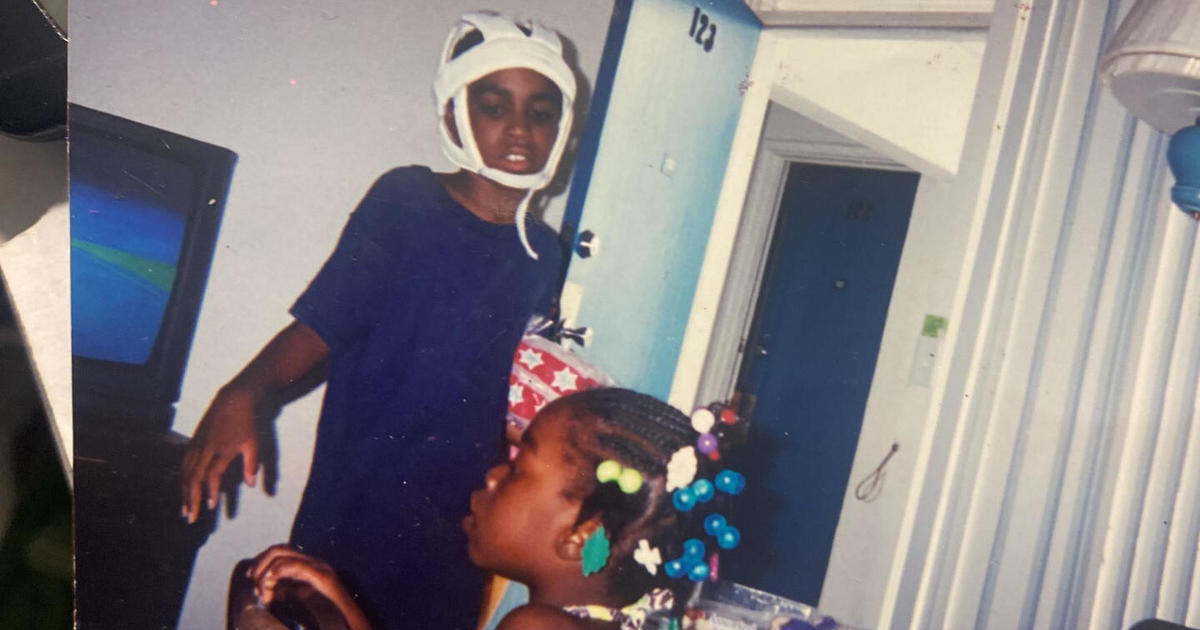Key takeaways:
- The study revealed that survivors of firearm injuries face significant increases in pain, psychiatric and substance use disorders in the year following their injury.
- Oronde McClain, a 10-year-old from Philadelphia, is one such survivor and endures seizures and post-traumatic stress disorder.
- The study’s findings underscore the need for comprehensive, long-term care for survivors of gun violence.
A new study published Monday in the journal Health Affairs has revealed that child and adolescent survivors of firearm injuries face significant increases in pain, psychiatric and substance use disorders in the year following their injury.
Dr. Patrick Carter, an emergency medicine physician and co-director of the University of Michigan Institute for Firearm Injury Prevention, said that “we can’t treat injuries like this in isolation without thinking about all the factors that are occurring in the aftermath.” Survivors of gun injuries often face a long, painful recovery.
Oronde McClain, a 10-year-old from Philadelphia, is one such survivor. He was struck by a stray bullet on a street corner and his heart stopped, leaving him technically dead for two minutes and 17 seconds. The bullet shattered the back of his skull, splintering it into 36 pieces. Doctors removed half his skull, replacing it with a gel plate, but shrapnel remains. He remains partly paralyzed on his right side and endures seizures and post-traumatic stress disorder.
The physical and psychological trauma of gun violence can be compounded by social stigma. School bullies magnified McClain’s pain, laughing at his speech and the helmet he wore to protect his brain. When the gun victims are children or teens, family members also struggle.
The study’s findings underscore the need for comprehensive, long-term care for survivors of gun violence. “We need to think about the long-term implications of these injuries,” said Carter. “It’s not just about the immediate care that we provide in the hospital, but also the long-term care that survivors need to be able to live a full and healthy life.”



Be First to Comment